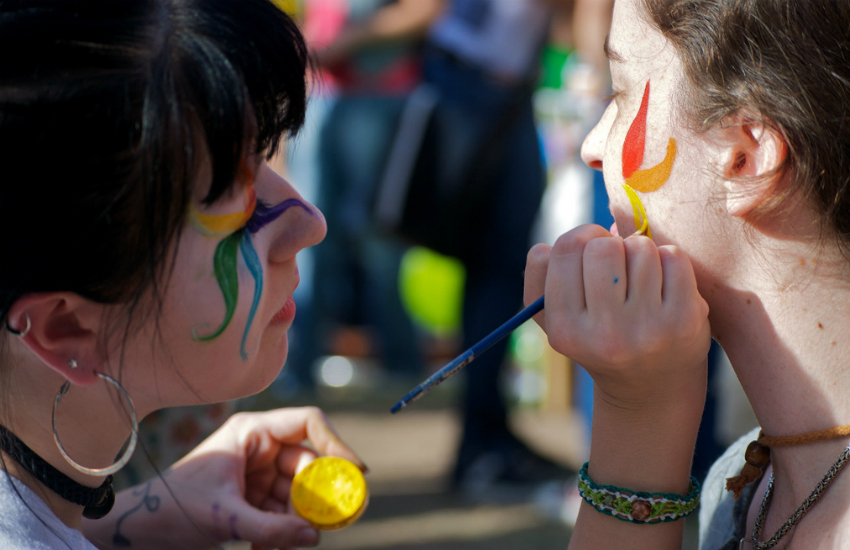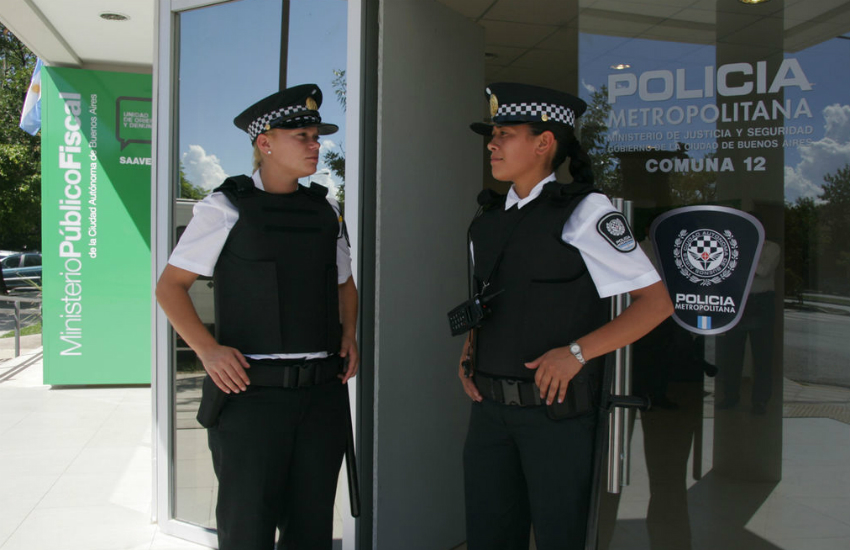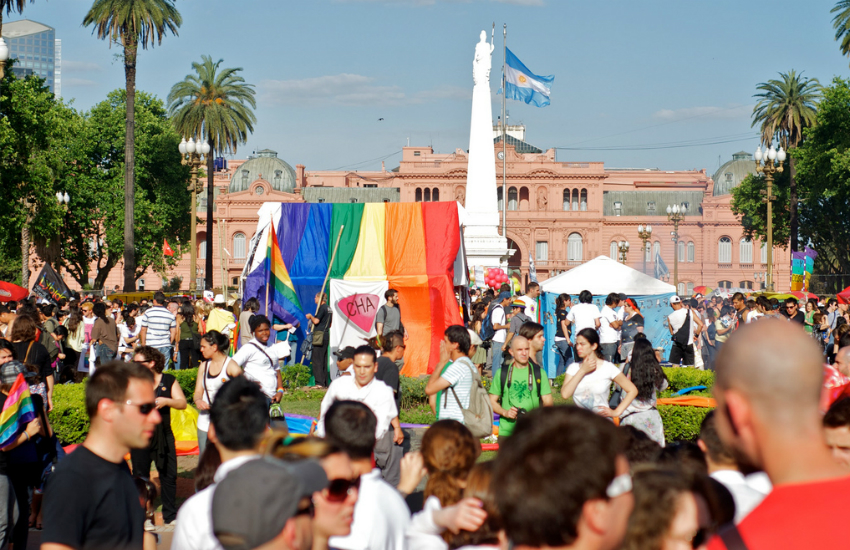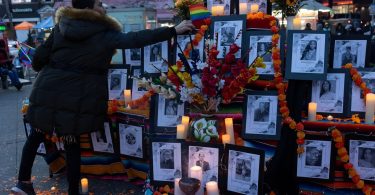The Plaza de Mayo for LGBTI Pride | Photo: Beatrice Murch, Flickr
Argentina is a dream holiday destination. Their dances are known throughout the world, their food is sublime, and it’s populated by some of the most beautiful people on the planet.
But is it safe to travel to Argentina as an LGBTI person?
As with every place, the answer varies. This guide should give you all the information you need to see whether you should travel to Argentina as a gay person.
Beliefs about the LGBTI community

Photo: Beatrice Murch, Flickr
Argentina is one of the most progressive countries in South America when it comes to LGBTI rights.
The 2017 ILGA Global Attitudes survey showed that 82% of people who know an LGBTI person believe their rights should be protected, and 60% of those who don’t know someone. This is above the global average.
The Pride in Buenos Aires is one of the biggest in the world; a testament to how accepting Buenos Aires is.
Most of the major cities are tolerant towards LGBTI people (less so in rural areas), but caution is advised. People are not particularly at threat from physical harassment, though verbal can occur. Holding hands is common for women in the country, so lesbian partners should be okay doing so. Also, as with every country, discretion is advised.
Transgender people are at a threat of violence in all of South America, with the majority of the world’s murders taking place in the continent*. However, Argentina the violence rate is less than most other countries in South America.
These laws protect LGBTI people in Argentina:
- Homosexuality is completely decriminalized. It is also legal to change your gender identity, even without surgery.
- Equal marriage was legalized in 2010, making it the first country in the continent to do so. This includes equal adoption.
- Homicides and motivated by sexual orientation assault is considered a hate crime**
- It is illegal for healthcare professionals to discriminate against LGBTI people***
*according to Transgender Europe’s Trans Murder Monitoring update
**according to Article 80(4) of the Penal Code.
***according to 2009 Article 2(a) of Law 26,529 (law on rights of patients in their Relation with Health Professionals and Health Institutions)
Crime

Photo: Gobierno de la Ciudad de Buenos Aires, Wikimedia Commons
Distraction theft is one of the most common crimes against tourists in Argentina, particularly in large cities. According to the UK Government, one tactic often used is the ‘mustard scam’. This is where one person pretends there is sauce on a stranger and tries to wipe it off. Meanwhile, someone else steals their property. It’s best to politely decline assistance and walk away if this happens to you.
Emergency numbers:
- 101 and 911 are for police and general emergencies
- 107 is for immediate health and medical help, including ambulance services
- 100 calls the fire department
- (011) 4346-5748 / 0800-999-5000 are numbers for the Tourist Police. You’ll need to get a police report from them for insurance, as well as getting emergency documents from your Embassy or Consulate.
If you need to retrieve travel documents or would like general help, it is best to visit your embassy or consulate. In the cases of hate crime, many of them will provide judgement-free help. You can find a list of them here.
Health and vaccines for Argentina

Photo: Pixabay
Vaccines needed for travel to Argentina are Diphtheria; Hepatitis A; Hepatitis B; Rabies; Yellow Fever, and MMR, though it is recommended you speak to your healthcare professional over 6 weeks before going.
Both the Zika Virus and Dengue fever are transmittable by mosquitos, with the latter being most common in urban areas. There are no vaccines. It is recommended you take precautions to avoid mosquito bites.







